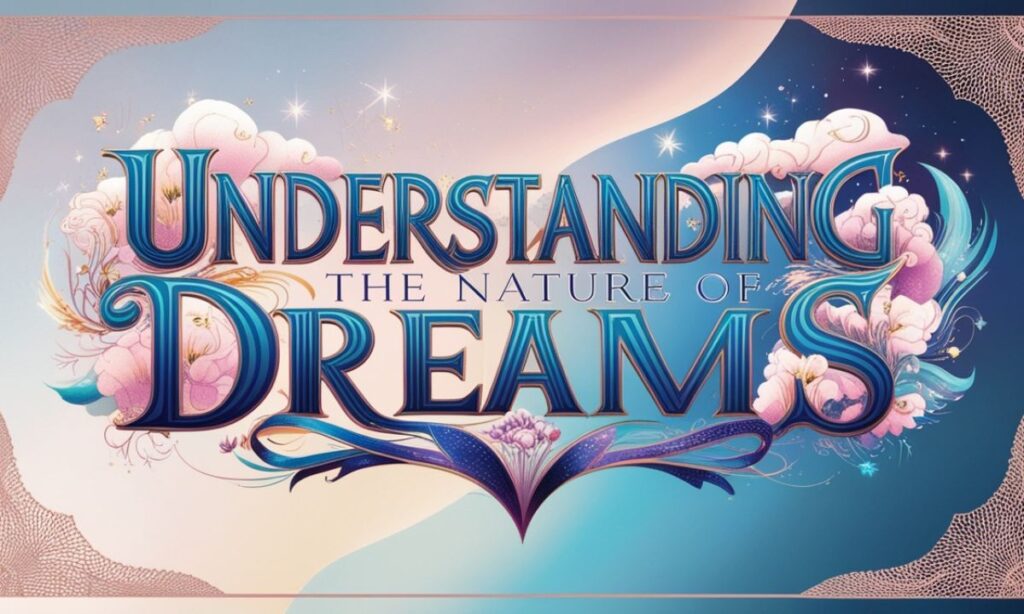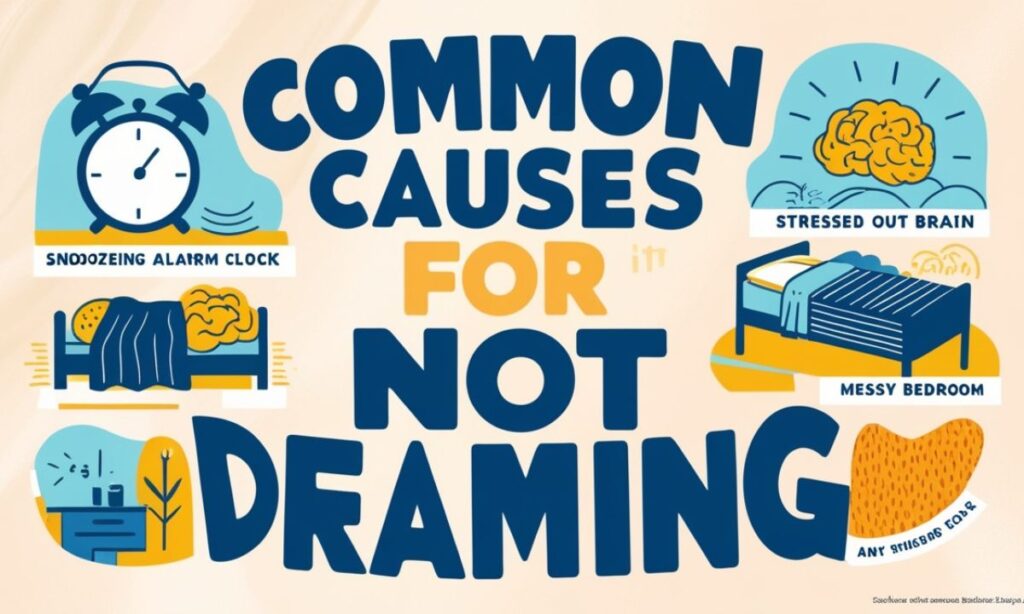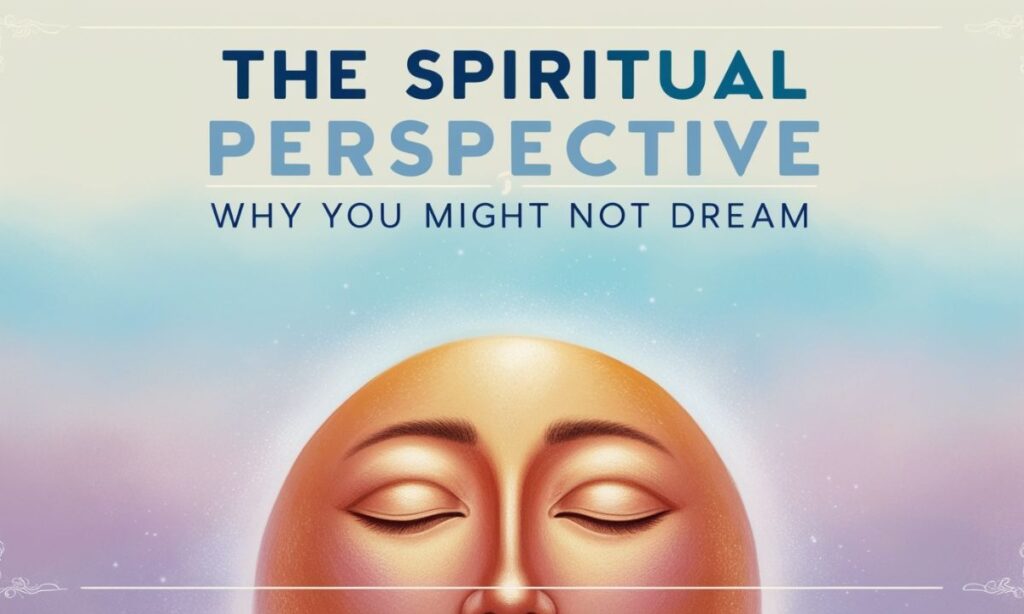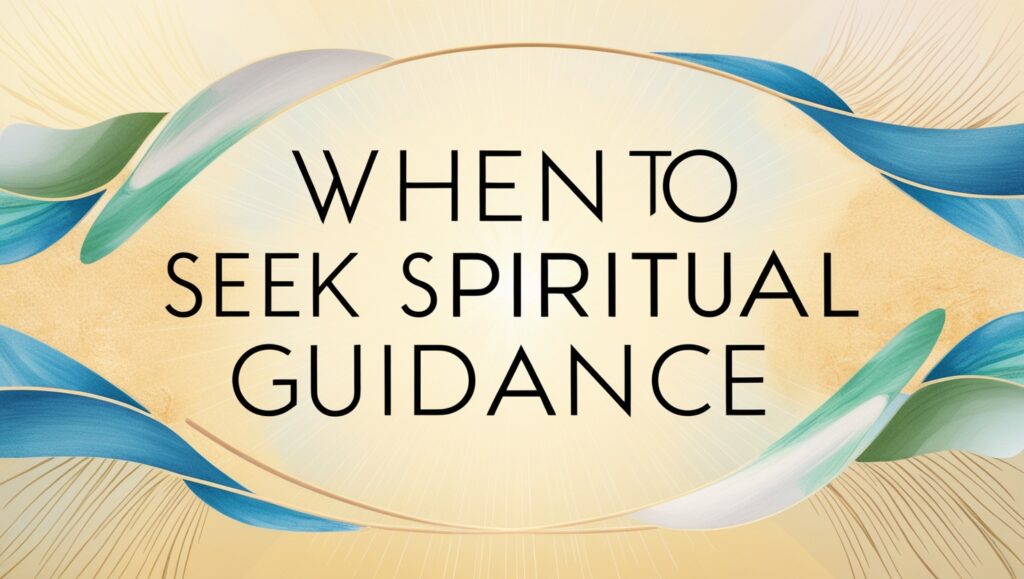Dreaming is a fascinating and mysterious phenomenon, one that has intrigued people for centuries.
It’s something that most of us experience every night, yet its true purpose remains elusive. Dreams can serve many purposes, from reflecting our deepest fears and desires to offering guidance from the unconscious mind.
However, what does it mean spiritually when you don’t dream? Is there significance behind the absence of dreams, or is it simply a natural part of the sleep cycle?
In this post, we’ll explore the potential spiritual meanings of not dreaming, what it may say about your subconscious state, and how different spiritual and psychological factors can influence this experience.
Understanding the Nature of Dreams

Before we can delve into the spiritual significance of not dreaming, it’s essential to understand what dreams are and their role in our lives.
Dreams are ethereal narratives that unfold during sleep, often holding deep psychological and spiritual significance.
From a scientific perspective, dreams primarily occur during the REM sleep phase, when the brain is highly active.
However, in many spiritual traditions, dreams are believed to be a direct link to the unconscious mind, the divine, and even higher realms of consciousness.
The Psychological Significance of Dreams
Psychologically, dreams are considered a reflection of our subconscious mind. They provide insights into our hidden fears, desires, and unresolved emotions.
Sigmund Freud, a pioneer in dream analysis, argued that dreams are a window into the unconscious, revealing our repressed thoughts.
Carl Jung, on the other hand, believed that dreams serve a more profound purpose, acting as messages from the archetypes within our collective unconscious.
The Spiritual Significance of Dreams
In many cultures and spiritual traditions, dreams are seen as a bridge to the divine. They can be a means of receiving divine messages or insights into one’s spiritual growth.
Lucid dreaming, where one is aware and can control their dreams, is often viewed as a tool for spiritual exploration.
Other spiritual beliefs link dreams to ancestors, spirits, or even gods, offering guidance or warnings.
Common Causes for Not Dreaming

While dreams are an essential part of most people’s sleep, some individuals report that they rarely, if ever, dream.
There are several potential reasons for this absence, ranging from biological and psychological factors to spiritual ones.
Biological Factors
Several physical and physiological factors can disrupt dreaming:
- Sleep Disorders: Conditions like insomnia, sleep apnea, and restless leg syndrome interfere with REM sleep, the stage of sleep when dreams predominantly occur. A lack of REM sleep can reduce the frequency and intensity of dreams.
- Medications: Certain medications, such as antidepressants or sedatives, can suppress the dream cycle. These substances may affect the brain’s ability to enter deep REM sleep, leading to fewer dreams.
- Age: As we age, the quality of our sleep often diminishes. Older adults may experience reduced REM sleep, which in turn affects dream recall. This is why younger individuals often remember their dreams more vividly than older adults.
Psychological Factors
Psychological conditions can also play a significant role in the absence of dreams:
- Stress and Anxiety: When the mind is overwhelmed with stress, trauma, or anxiety, it may inhibit the dreaming process. The subconscious mind, which typically processes emotions through dreams, might be blocked or overwhelmed, leading to an inability to dream.
- Emotional Numbness: If an individual is experiencing emotional numbness, it can interfere with their connection to their subconscious. This might manifest in a lack of dreams, as the unconscious mind may struggle to express itself when emotions are suppressed.
- Mental Exhaustion: Sometimes, when an individual is too mentally exhausted or occupied with daily life, the subconscious mind may fail to generate dreams. This could be a result of mental fatigue preventing deep sleep or blocking the mind from processing information.
The Spiritual Perspective: Why You Might Not Dream

From a spiritual standpoint, not dreaming could signal a deeper, more profound experience. Here’s a closer look at what the absence of dreams might mean in the context of spiritual growth.
Alignment with Higher Consciousness
Some spiritual traditions hold that individuals who are experiencing heightened spiritual growth or awakening may not dream as frequently.
Dreams can be seen as a means of connecting with the subconscious or other spiritual realms.
However, those who are deeply connected with their higher consciousness or are experiencing ascension may transcend the need for dreams.
In such cases, the lack of dreams may signify a closer connection to the divine or an absence of inner conflict.
Ascended States of Being
In some esoteric and metaphysical philosophies, ascended states of consciousness are associated with transcendence over ordinary human experiences, including dreaming.
This concept often ties into the idea of spiritual enlightenment or awakening to higher realms.
People who have reached these states may experience dreamlessness as a sign of their spiritual elevation, where dreams are no longer necessary to process life experiences.
Living in the Present Moment
Mindfulness, or living in the present moment, is a core principle in many spiritual practices. Not dreaming could signify a profound awareness of the present with no attachment to the past or future.
Some believe that the absence of dreams reflects deep mindfulness, where the individual is so present that the subconscious no longer needs to project images or scenarios through dreams. Instead, they live fully immersed in their waking reality.
Eastern Philosophies and Non-Attachment
In Eastern traditions, particularly Buddhism and Taoism, the concept of non-attachment is crucial.
The absence of dreams may be interpreted as an individual’s detachment from desires, fears, or emotional baggage.
This aligns with the belief that when one achieves true inner peace and spiritual growth, the need for dreams diminishes.
These traditions view the state of dreamlessness as an indication that a person is no longer bound by the illusion of the ego or the subconscious mind.
Exploring Non-Dreaming as a Spiritual Journey

While some may view the absence of dreams as a spiritual concern, others may interpret it as a necessary step in their spiritual journey.
Embracing Emptiness and Non-Attachment
Many spiritual practices encourage meditation and mindfulness, both of which can lead to a quieting of the mind.
In such practices, dreamlessness may signify an individual’s progress toward achieving emptiness or non-attachment.
This state reflects freedom from the subconscious desires and thoughts that usually give rise to dreams.
Mastery Over the Mind
Not dreaming could be a result of mastery over the mind. Advanced practitioners of meditation and mind control techniques often claim that their ability to silence the mind and maintain focus can reduce the need for dreams.
This reflects an individual’s profound connection to the higher self, where the subconscious is no longer driven to process unresolved thoughts through dreams.
Dreaming in New Forms
While you may not experience traditional dreams, there are alternative forms of dreaming or mental exploration that can substitute for or enhance the dream experience.
Lucid Dreaming: Conscious Dreaming
Lucid dreaming occurs when a person is aware they are dreaming and can even control the content of the dream.
For some, lucid dreaming may be a form of conscious exploration of the subconscious, bypassing traditional, involuntary dreams.
If you’re not experiencing regular dreams, you might explore lucid dreaming as a method of engaging with your unconscious mind.
Daydreaming: Conscious Mental Exploration
Daydreaming, though not as vivid or structured as nighttime dreams, can also serve as a substitute for traditional dreaming.
Many people use daydreaming for creative visualization, self-reflection, or problem-solving. It offers an opportunity for the mind to wander freely, which can sometimes be just as spiritually enriching as a traditional dream.
When to Seek Spiritual Guidance

If you’re experiencing dreamlessness and feel uncertain about its spiritual meaning, consulting with a spiritual practitioner might provide clarity.
Psychics, mediums, and clairvoyants often offer insights into the metaphysical realm and can help guide you through periods of spiritual transition.
They may be able to provide perspectives on the significance of your lack of dreams, whether it’s a sign of spiritual growth or energy blockages.
Frequently Asked Questions
Spiritual Meaning of Not Dreaming
Not dreaming spiritually can signify a heightened connection to higher consciousness or a state of enlightenment where the need for dreams has transcended.
Why Don’t I Dream Spiritual Meaning
Spiritually, not dreaming could suggest that you are in a phase of personal growth or have reached a mental or emotional clarity where dreams are no longer necessary for processing unconscious thoughts.
What Does It Mean If You Don’t Dream
Not dreaming may indicate a deeper state of mindfulness, suggesting that you are living in the present moment with clarity, free from subconscious processing during sleep.
What Does It Mean to Not Dream
To not dream could be a sign that you’ve reached a level of spiritual development where dreams are not required to resolve emotional conflicts or unresolved desires.
Not Dreaming Meaning
The meaning of not dreaming can be a sign of spiritual advancement, where the mind has achieved a state of tranquility or detachment from the subconscious need to process emotions through dreams.
Conclusion
Dreaming, or the absence of it, is a profound and sometimes puzzling experience. Spiritually, dreamlessness can signify a deeper connection to your higher self, a state of inner peace, or the transcendence of the unconscious mind.
Whether it’s due to biological factors, psychological influences, or a spiritual awakening, not dreaming can offer valuable insights into your state of being.
If you’re in a phase of your life where you’re not experiencing dreams, it could be a sign that you’re in the process of deep spiritual growth, mindfulness, or detachment from the subconscious.
Embrace the experience as part of your spiritual journey and consider exploring other forms of mental and spiritual exploration, such as lucid dreaming or meditation.











